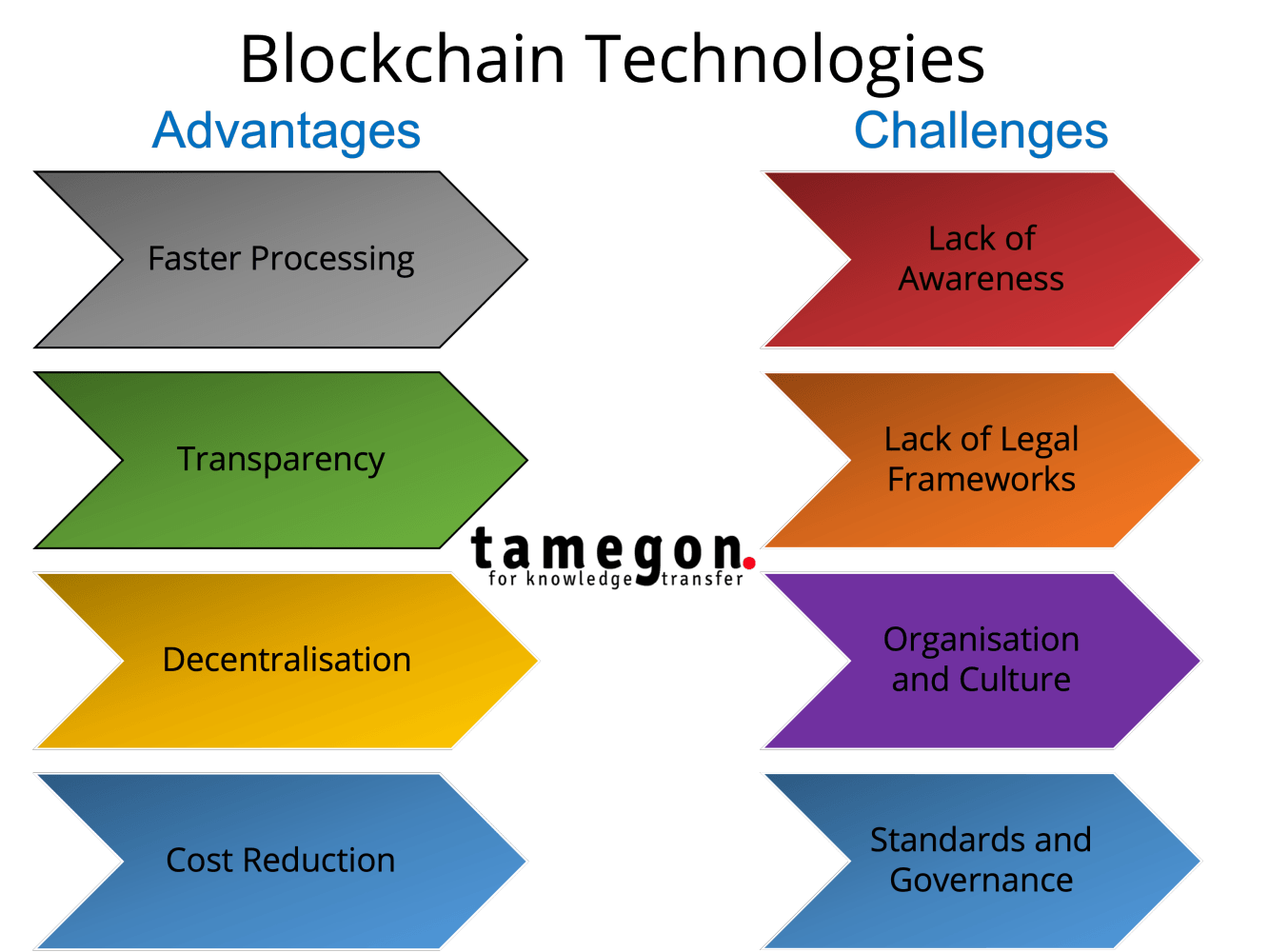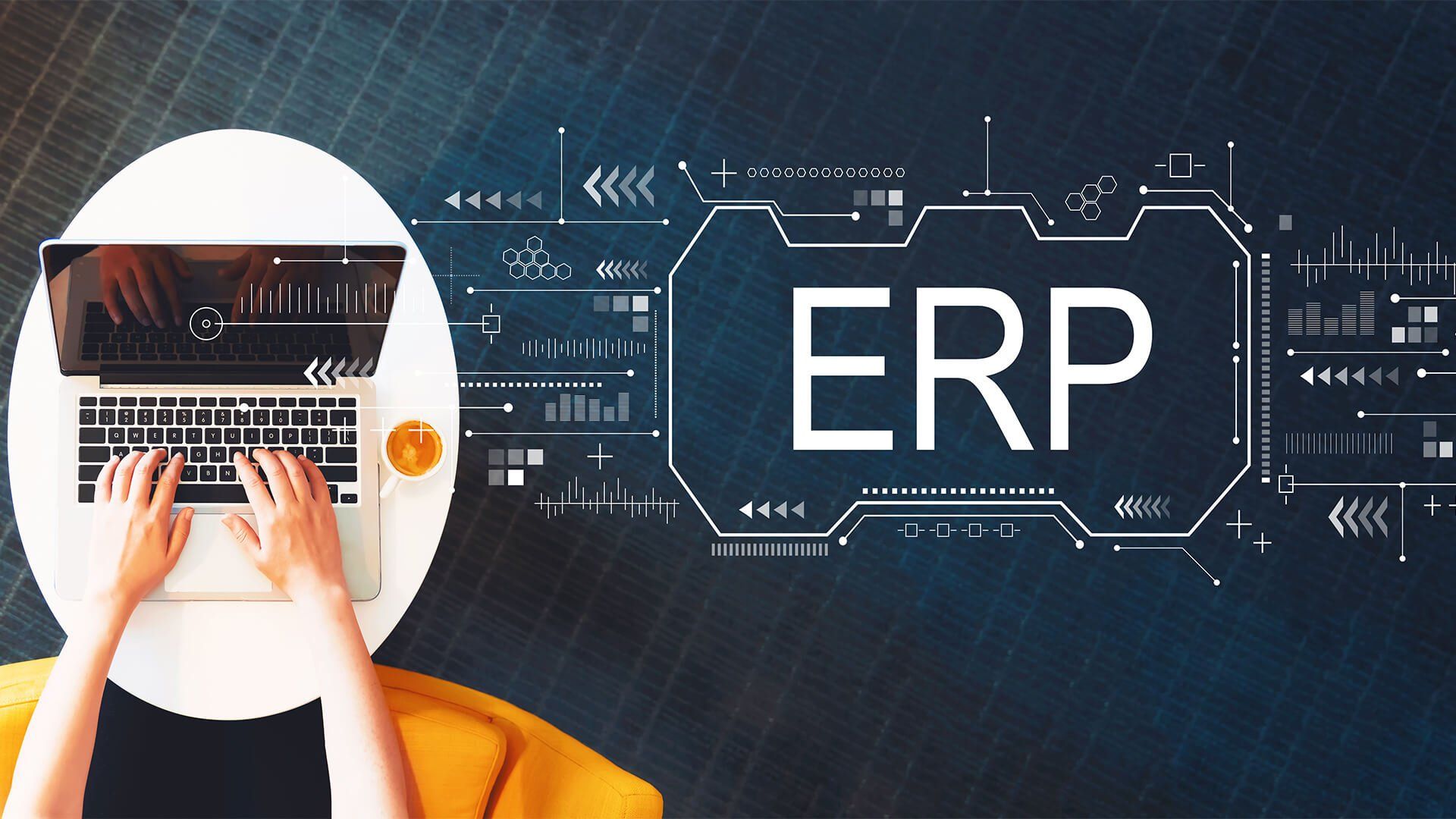Can blockchain-based technologies transform the government and public sector?
Dr Costas Chryssou
February 14, 2022
tamegon Innovation and Growth Advisory Firm
Governments and the public sector worldwide continue initiating projects to increase efficiencies, reduce costs, and above all enhance services and improve the way they interact with their citizens. Digital government, a successor of the e-government paradigm, refers to the creation of new public services and delivery models that harness digital technologies, citizen data, and government information assets.
While the e-government paradigm was focused on the digitalisation of public administration, digital government focuses on the provision of citizen-centric, agile, and innovative public services that are designed to develop an "easy-to-interact with" government services ecosystem reducing labour intensive processes, and freeing staff time to concentrate on the implementation of other strategic initiatives. Benefits to digital government initiatives include:
- improvement of online experience for citizens,
- enhanced internal productivity and efficiency for public sector organisations,
- reduced labour costs, and
- adoption of an innovation mindset capitalising on its beneficial spill-over effect.
Underpinning many of the digital government transformation plans is blockchain - one of the most innovative and disruptive digital technologies that are considered under the new paradigm of governmental policy-making and service delivery. Blockchain has evolved from a predominantly crypto-currency technology to a contester of wide applications across industries and markets expected to revolutionise or, at least, facilitate various government services and functions.
Blockchain is a distributed ledger, a secure decentralised database technology. As such, blockchain-based products can become a major tool to ensure protection of sensitive data, as well as enhance accountability and trust among parties. By bringing together several existing technologies in a novel way, blockchain can essentially codify “truth” and eliminate the need for “trust”. The implications are vast and perhaps most important is the elimination of intermediaries during the exchange of information assets between two "untrusted" parties [1]. Quite significantly and as a result of the above features, blockchain is considered to be one of the main drivers for the enhancement of transaction speed and reduction of cost. For example, according to a Santander FinTech study [2], blockchain could reduce financial services infrastructure cost between US$15 billion and $20 billion per annum by 2022, providing the possibility to decommission legacy systems and infrastructure and significantly reduce IT costs.
Applications of blockchain technologies considered for the public sector are numerous:
- the provision of citizen records across several public sector organisations and functions,
- running state registries and support to electronic voting,
- the facilitation of economic transactions,
- providing a regulatory oversight of markets,
- fighting tax fraud/evasion and
- the redistribution of public money, including grants, social transfers, and pensions.

However, despite the many potential advantages of blockchain and the significant benefits that it can bring to public sector organisations assisting them with fulfilling their broad aims of digital government, there are many challenges to blockchain adoption.
- Blockchain's immutability (once data is added it cannot be removed) may not suit all applications where data needs to be added and deleted on a regular basis.
- Blockchain is not designed for storing large amounts of data; if data storage is needed, then a hybrid solution may be necessary.
- As is the case with every new technology, educating the prospective users and market in general of the benefits of the technology and creating broad awareness is key. Explaining blockchain to public officials and civil servants could be challenging. It is necessary though to discuss with all public sector stakeholders the increased efficiencies that can be achieved through the use of blockchain.
- Although blockchain can reduce costs of any supply chain there are some high initial implementation costs that could prevent its widespread use; one way to overcome this could be the use of blockchain-as-a-service allowing low risk experimentation of the public sector staff with the technology.
- High energy consumption of blockchain sometimes is flagged as a barrier for the technology; however, this is irrelevant for public-sector project implementations and apply only for permissionless / public blockchains.
- Although blockchains can eliminate the need for central authority, they must be coded and governed appropriately. Public sector organisations will need to build internal technical capacity and knowledge to ensure that decisions are made correctly and to safeguard appropriate governance.
Despite of the above challenges, adoption of blockchain technologies in the Middle East is quickly gaining ground. Dubai has already announced its intention to be the world's first blockchain-powered government (smart Dubai); it plans to capitalise on the technology to remove administrative layers and improve information and data access among public sector organisations with the view to ultimately improve quality of life. Saudi Arabia, as part of its Saudi Vision 2030, and in collaboration with Elm and IBM are re-imagining and transforming the way services are provided across to citizens, residents and visitors. Bahrain has already established the appropriate legal framework and support for using blockchain and other types of technologies to conduct transactions in both Bahrain’s commercial and government sectors.
Blockchain, as is the case with all technologies, is just an enabler and it is not the solution.
As it is always the case with any technology, blockchain can only be an enabler of the digital transformation that government sector stakeholders need and aspire to. However, I think that before the introduction of blockchain to any government systems and infrastructure, there is an opportunity for processes and procedures to be re-imagined, re-engineered and streamlined to eliminate waste (lean process re-engineering). Although blockchain can bring forward increased efficiencies it would be a missed opportunity if public sector organisations did not re-design their internal and external processes to enhance their organisational structures and design-in simplified ways to interact with their citizens.
From my recent experience with a blockchain organisation, there is a significant lack of awareness about the technology, particularly outside the financial sectors, and a lack of understanding of how it works and the benefits it can bring. Although blockchain is not a panacea, efforts need to be intensified to educate the market in order to accelerate blockchain adoption and reap the anticipated rewards.

Costas Chryssou
MBA, PhD
Founder and Managing Director
Sign up for our
articles
Sign up to our newsletter











